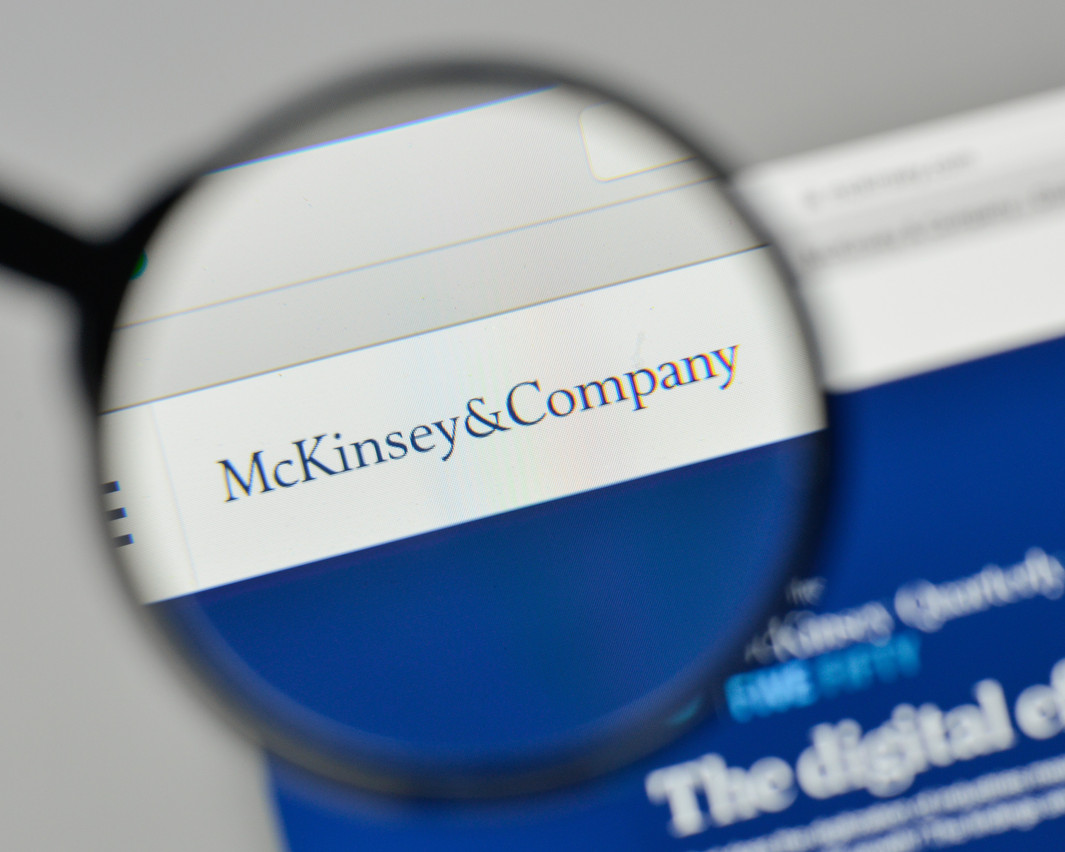Despite being in control of roughly one third of total assets under management in Western Europe, valued at some €4.6trn, women suffer an investment gap identified by management consultancy McKinsey of €5-10,000 a year compared to men, or an average portfolio return of 5% to men’s 6% -- a deficit that could be remedied by better-targeted products and services.
“Our research uncovered differences between women and men on average in their attitude to financial advice, approach to investment, decision-making style, and risk profile,” said McKinsey in its study .
The study found that male and female investors approach portfolio allocation differently: women’s average portfolios are 32% equities and 32% fixed-income investments, compared with 45% and 24%, respectively, for men.
Additionally, men hold a higher proportion of their portfolio in managed assets such as mutual funds, mandates, insurance and securities.
The ‘safe’ refuge of fixed income is a result of a risk-averse approach to asset allocation amongst women, the study says. Women also reported engaging less with their investment portfolios than men (36% of women were likely to modify their portfolios more than once a month compared to 45% of men), but the fairer sex were more likely to make changes if their adviser proposed a new investment (32% of women compared with 24% of men).
Growing opportunity
With Western Europe’s investments controlled by women set to rise to nearly half (45%) of AUM in Western Europe by 2030, wealth managers and private banks are set to miss out if they don’t target their investment approach to women, McKinsey says.
“Recognising this shift, some leading institutions are setting up dedicated units to serve women investors, though many others have yet to act.”
Banque de Luxembourg, which offers private bank and wealth management solutions in Luxembourg, has gone some way to addressing this market.
“With pregnancies and parental leave, women’s professional lives are often less linear than those of men,” said Viviane Feiereisen, private banking adviser at Banque de Luxembourg. “In Luxembourg, almost 40% of women opt to work part time or take a career break. Changes to the family structure – separations, divorces, single-parent families or blended families – also raise new questions – some of our female clients are wondering how to structure their assets after a change in their family life. Lastly, women’s longer life expectancy means that they are not equal to men when it comes to retirement.”
Feiereisen said that targeted products are only part of the solution, and that listening and building a relationship is equally important to navigate these life changes.
Credit Suisse pointed out in its report that a ‘lifecycle’ investing framework pulled women into better-returning assets. “Women often have different life stages shaped by education, family, work and ageing,” Engaging with these different stages helps women engage more with their portfolio, the report says.
“Women need to be prepared to take on more risk and expand into multi-asset investing, and equities in particular.”
HSBC Global Private Banking has issued a series of podcasts called ‘Women and Wealth,’ while Edmond de Rothschild in France in 2015 announced personal advice and support for women to manage their wealth.
Credit Suisse, HSBC Private Bank and Edmond de Rothschild all declined to comment, while Citi Private Bank, JP Morgan Private Bank, Banque Internationale a Luxembourg and Julius Baer did not respond to requests for comment and Societe Generale was not able to comment at the time of publishing.
The female share of AUM is on a faster growth trajectory than the male (a compound annual growth rate of 8% to 2030 compared with 2.7%) according to the McKinsey study. This is a result of a rising number of married women taking responsibility for household financial decisions.
The study recommends that private banks and wealth managers design their digital platforms with women investors in mind, for example, savings for children, wealth family planning, and long-term pension products. It also suggests promoting new investments and financial planning tailored to women’s needs as they change over time, for example, during maternity, as their careers progress, and as they grow older.
Luxembourg has €5.6trn in assets under management of which €508bn are in private banks, according to industry body Luxembourg for Finance.
The McKinsey study was an online survey of some 5,000 investors in three wealth categories in eight Western European countries: France, Germany, Italy, the Netherlands, Spain, Sweden, Switzerland, and the United Kingdom.
